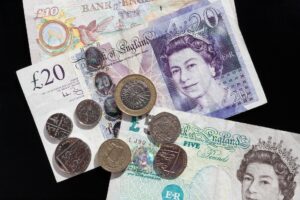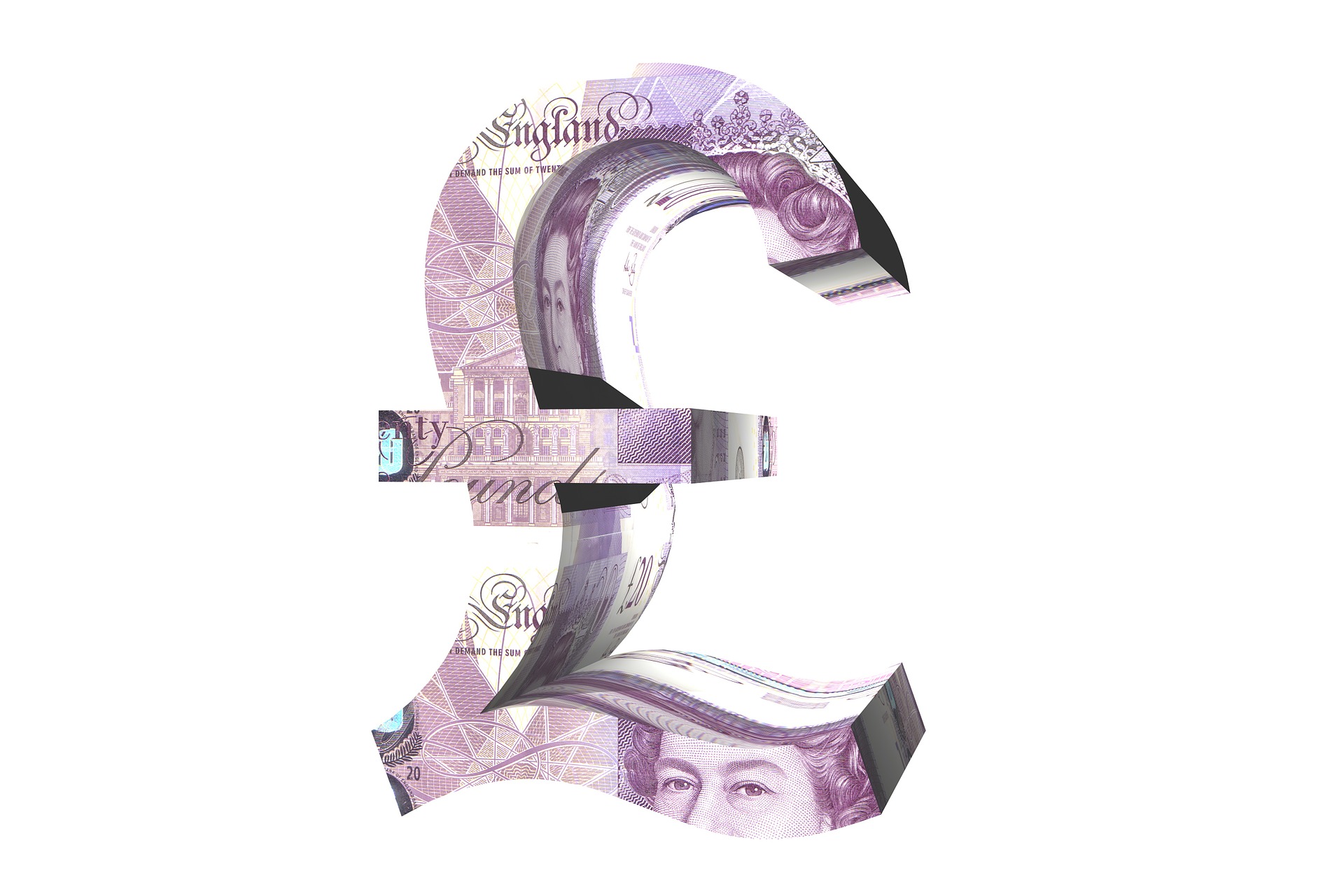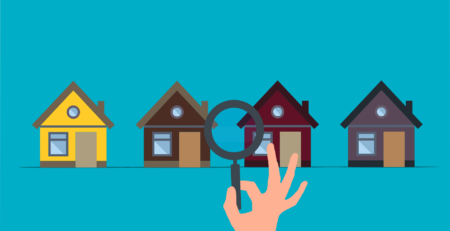What are Home Cash Purchase?
Buying a house is a significant life decision, one that typically involves mortgages, interest rates, and years of repayments. But what if you could avoid the complications of securing a mortgage? Enter the concept of buying a house with cash—a process that offers speed, certainty, and potentially better deals. While less common than traditional mortgage financing, purchasing a home outright is growing in popularity among both homeowners and investors.
In the UK, where property prices continue to soar, the prospect of buying a house with cash might seem like a distant dream for many. However, for those in a position to do so, this method provides a host of advantages, not least of which is avoiding the often protracted and complicated mortgage approval process.
So, how does buying a house for cash work, and why should you consider it? This guide explores the process in depth, walking you through everything from the benefits and drawbacks to practical steps and potential pitfalls. Whether you’re a first-time buyer, seasoned property investor, or someone simply curious about how the process works, you’ll find everything you need here.
Understanding Cash Buyers: Who Are They?
First things first: what does it mean to be a cash buyer? The term is often misunderstood. A cash buyer is someone who can afford to buy a property outright, without the need for a mortgage or loan. It’s not just about having the money in the bank; it’s about being able to complete the transaction without any third-party financing involved. In short, a cash buyer has the funds ready and available at the time of the purchase.
This means that if you’re selling another property to fund your new purchase, you aren’t technically a cash buyer until the sale of your previous property has completed and the funds are liquid in your account. This distinction is crucial because, as many estate agents will tell you, cash buyers are often more attractive to sellers due to their ability to speed up the process.
Jamie Johnson, CEO of FJP Investment, notes that “cash buyers are seen as golden opportunities in the property market, particularly in a competitive market. Sellers know that with cash, the likelihood of the sale falling through is drastically reduced.”
So, who typically buys with cash?
- Property investors – especially those looking to rent out properties or flip them for profit.
- Downsizers – homeowners selling a larger property and using the proceeds to buy a smaller, cheaper one.
- Wealthy individuals – those with significant assets who want to avoid the hassle of mortgage applications and the associated fees.
- Inheritance recipients – people who have come into a lump sum and wish to invest in property.
The Pros and Cons of Buying a House with Cash
As with anything, there are pros and cons to buying a house outright. Here’s a closer look at the advantages and potential downsides.
Advantages of Buying a House with Cash
- Faster Process One of the biggest benefits of buying with cash is speed. With no mortgage application, no waiting for approval, and no delays while a lender processes your paperwork, the purchase can be completed in a matter of weeks. This is particularly advantageous in a hot market where competition is fierce.
- Stronger Position in Negotiations Cash buyers are attractive to sellers because they present less risk. Without a mortgage to fall through, sellers know the deal is more likely to proceed smoothly. This can give you more negotiating power, and you may be able to secure a lower price because you’re offering certainty.
- No Mortgage Costs Buying a home with cash means avoiding interest payments, mortgage arrangement fees, and valuation costs. Over time, the savings can be substantial. In fact, you could save tens of thousands of pounds by avoiding mortgage-related expenses.
- Increased Flexibility Without the need to meet a lender’s criteria, you have greater flexibility in choosing the type of property you want to buy. This is especially useful for properties that may not meet mortgage lenders’ requirements, such as homes that need significant renovation.
- No Chain As a cash buyer, you’re not part of a mortgage chain, reducing the chances of delays or deals falling through. This makes the process much more straightforward and less stressful.
Disadvantages of Buying a House with Cash
- Tying Up Liquidity Buying a home outright means you’re committing a significant amount of money to a single asset. This can leave you with less flexibility in your finances, particularly if you encounter unexpected expenses down the line.
- Missing Out on Leverage Mortgages allow you to leverage other people’s money (the lender’s) to buy property, meaning you can invest in multiple properties or other opportunities with your remaining capital. Paying cash for a property ties up your capital in a single asset, which might not always be the most efficient use of your funds.
- Less Protection Against Inflation Mortgages allow you to pay back a fixed sum over time, with the added benefit that inflation may make those repayments cheaper in real terms. By paying cash upfront, you lose this potential advantage.
- Potentially Less Investment Growth Depending on the property market and your personal investment strategy, it may be better to invest your cash elsewhere and finance your home through a mortgage, particularly in times of low interest rates.
The Process of Buying a House with Cash

Buying a house with cash might sound simple, but it’s essential to follow the right steps to ensure a smooth transaction. Here’s a step-by-step guide.
- Find a Property
Just like any property purchase, the first step is to find the right home. Whether you’re searching on property portals, working with an estate agent, or using property auction services, your goal as a cash buyer is to find a home that fits your needs and budget.
- Make an Offer
Once you’ve found the property you want, the next step is to make an offer. As a cash buyer, this is where your advantage lies. Sellers are often more open to accepting lower offers from cash buyers due to the speed and security you offer. Be sure to highlight your position when making the offer.
- Provide Proof of Funds
Before the sale can progress, the seller will want assurance that you really do have the cash to complete the purchase. This is typically done by providing a bank statement or letter from your financial institution showing the funds are available. This step is crucial, particularly for “cash buyers only” properties, which often come at a reduced price but with the stipulation that buyers must have the full amount available upfront .
- Hire a Solicitor or Conveyancer
Even though you’re not dealing with a mortgage lender, you still need a solicitor or conveyancer to handle the legal side of the transaction. They will conduct searches, review contracts, and ensure the sale is legally sound. The legal process is largely the same whether you’re buying with cash or a mortgage.
- Conduct a Survey
Though not a requirement, it’s highly recommended that you commission a survey before finalising the sale. Even if you’re paying cash, the last thing you want is to discover major issues with the property after the fact. A survey can uncover structural problems, damp, or other issues that could be costly to fix.
- Exchange Contracts
Once all the legal checks are completed and both parties are satisfied, contracts are exchanged. At this point, you will pay a deposit (usually 10% of the purchase price), and both buyer and seller are legally committed to the sale.
- Completion
The final stage is completion, where you transfer the remaining balance to the seller, and the property officially becomes yours. Since you’re a cash buyer, this can happen much faster than if a mortgage was involved, sometimes within just a few days of exchanging contracts.
Common Pitfalls to Avoid
Buying a house with cash might seem like a straightforward process, but there are a few common pitfalls to be aware of.
- Underestimating Costs
While you avoid mortgage costs, don’t forget about other expenses such as stamp duty, legal fees, and survey costs. It’s also important to budget for future maintenance and repairs.
- Not Doing Enough Due Diligence
Just because you’re not required to get a mortgage doesn’t mean you should skip important checks. Always conduct thorough due diligence on the property, including surveys and legal searches, to avoid costly surprises.
- Forgetting to Insure the Property
Once you’ve purchased your home, it’s crucial to insure it right away. Buildings insurance will protect your investment from risks such as fire, flood, or structural damage.
- Neglecting Other Investments
It’s tempting to put all your cash into property, but it’s important to maintain a balanced portfolio. Ensure you have enough liquidity to cover unforeseen circumstances and consider other investment opportunities as well.
Is Buying with Cash Right for You?
In summary, buying a house with cash offers undeniable advantages—speed, negotiating power, and the elimination of mortgage costs. However, it also comes with its own set of challenges, particularly when it comes to liquidity and opportunity costs.
For property investors and homeowners alike, the question ultimately comes down to personal financial circumstances. If you have the funds available and are looking for a straightforward, stress-free purchase, buying with cash could be the ideal option. But as with all major financial decisions, it’s essential to weigh the pros and cons carefully.
ARE YOU READY TO START INVESTING?
Subscribe to our mailing list now for exclusive deals, investment guides and the latest information from the property market.







